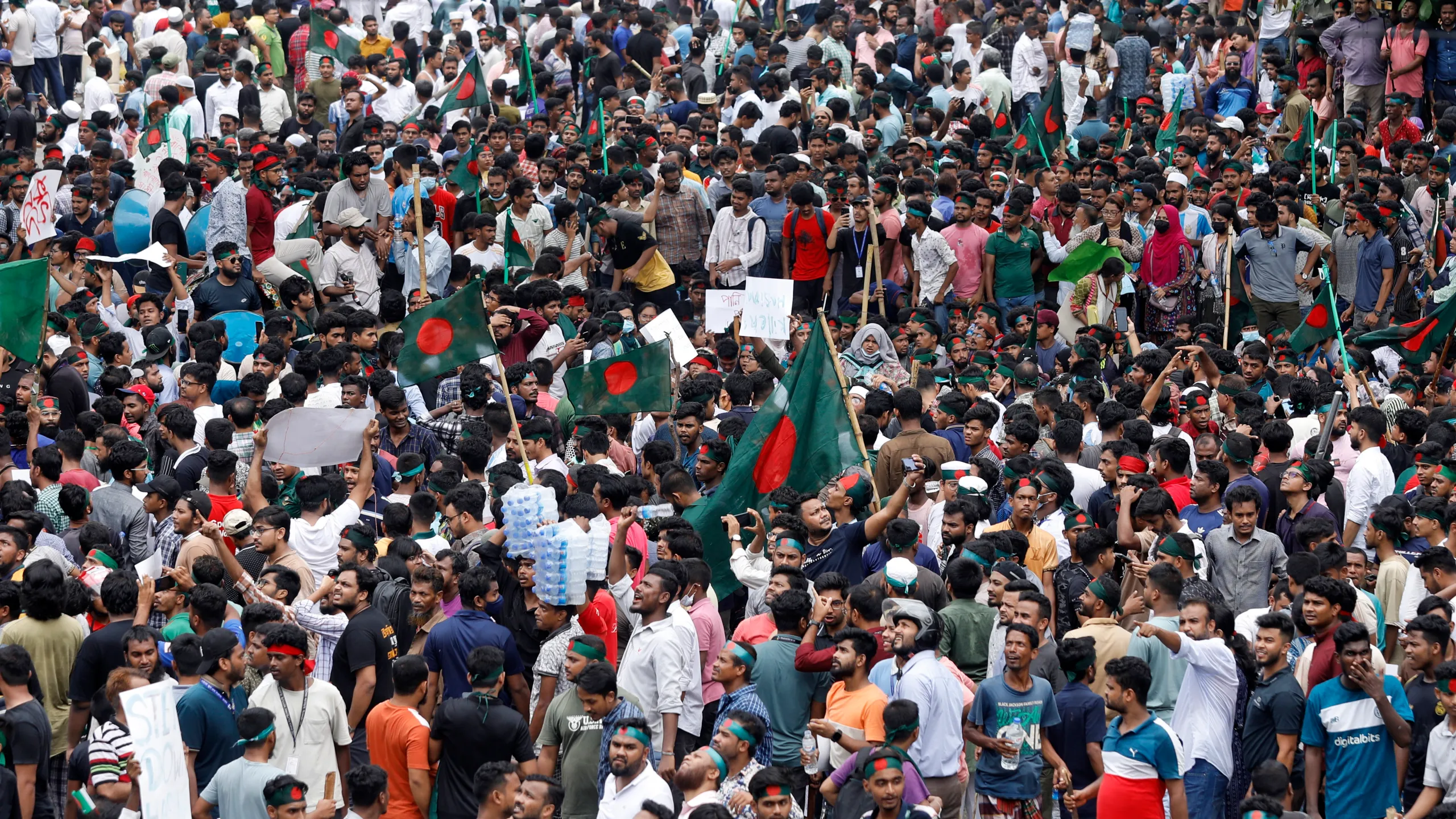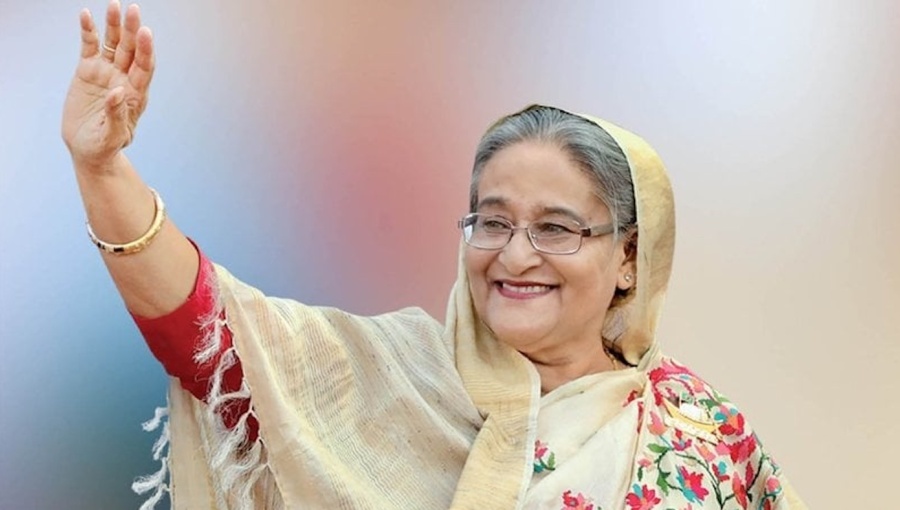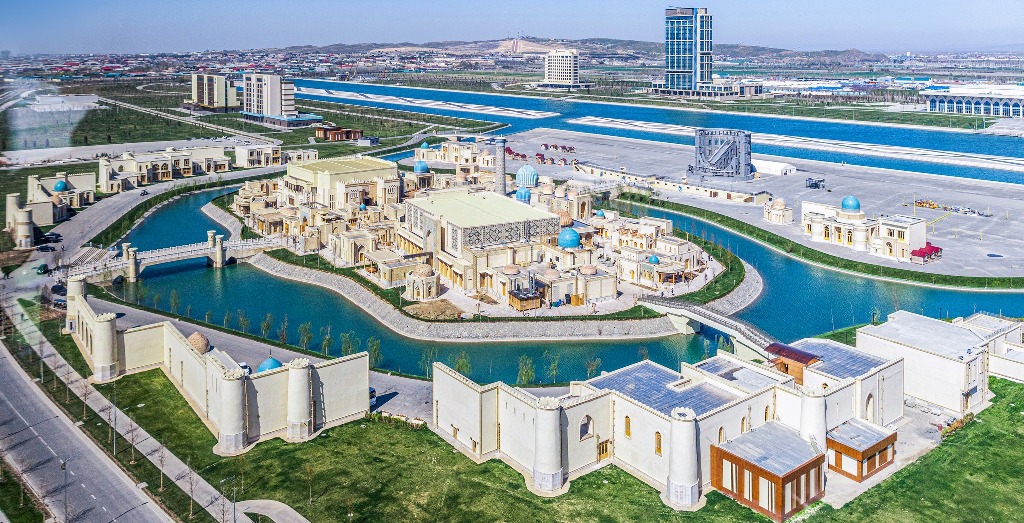The overall death toll from recent clashes in Bangladesh has risen to at least 300 people, following the deadliest day in weeks of anti-government demonstrations. According to an AFP tally based on reports from police, officials, and hospital doctors, 94 people died on Sunday alone.
Protests are set to resume on Monday, with heavy deployments of soldiers and police patrolling key roads in the capital, Dhaka, and barricading routes to the office of Prime Minister Sheikh Hasina. The government has declared an indefinite nationwide curfew starting at 6 pm (1200 GMT) on Sunday, the first time such a measure has been taken during the current wave of protests that began last month. Additionally, a three-day general holiday has been announced starting Monday.
The unrest, which has led to the shutdown of internet services, marks the most significant challenge to Hasina’s 20-year regime. She secured a fourth consecutive term in elections that were boycotted by the main opposition party, the Bangladesh Nationalist Party (BNP).
Last month, violence erupted as student groups protested against quotas for government jobs, resulting in at least 150 deaths and thousands of injuries. The protests initially paused after the Supreme Court scrapped most of the quotas, but students returned to the streets last week, demanding justice for the families of those killed.
Sunday’s violence has escalated tensions even further, with reports of severe clashes between protesters and security forces. Witnesses described scenes of chaos and brutality as the government cracked down on the demonstrators.
Human rights groups have condemned the government’s heavy-handed response and called for restraint. International observers are closely monitoring the situation, expressing concern over the potential for further violence and instability.
Prime Minister Sheikh Hasina, addressing the nation, urged calm and reiterated her commitment to maintaining law and order. “We are dedicated to ensuring the safety and security of all citizens,” she said. “However, we cannot tolerate actions that threaten the stability of our country.”
Opposition leaders, however, accuse the government of authoritarianism and demand immediate political reforms. “The people of Bangladesh are demanding their rights and justice,” said a spokesperson for the BNP. “The government’s violent suppression of peaceful protests is unacceptable.”
As the nation braces for another round of demonstrations, the international community calls for dialogue and peaceful resolution. The ongoing unrest underscores deep-seated grievances and the urgent need for meaningful political change in Bangladesh.





